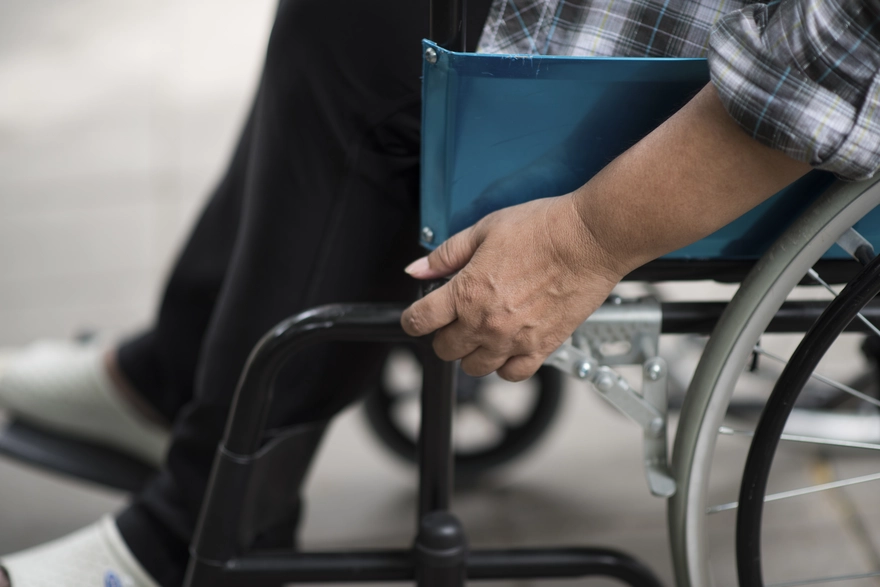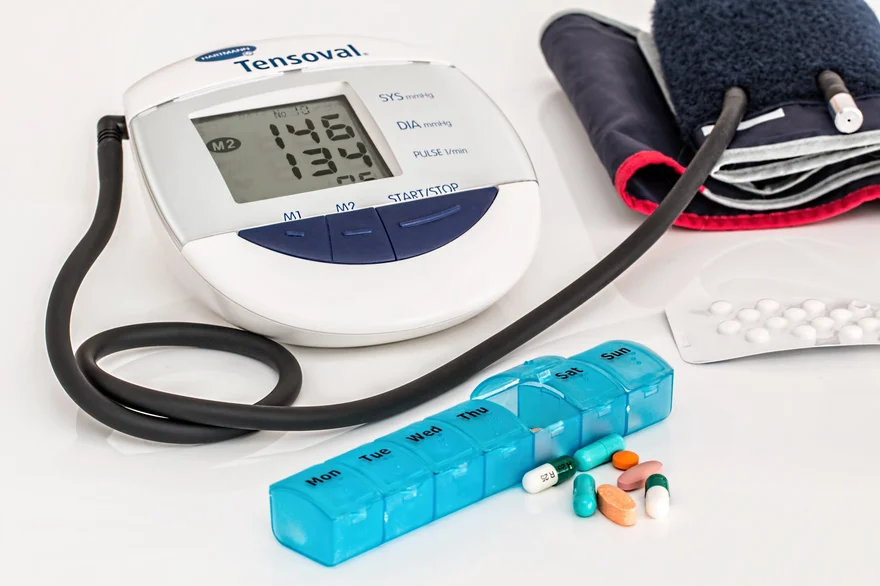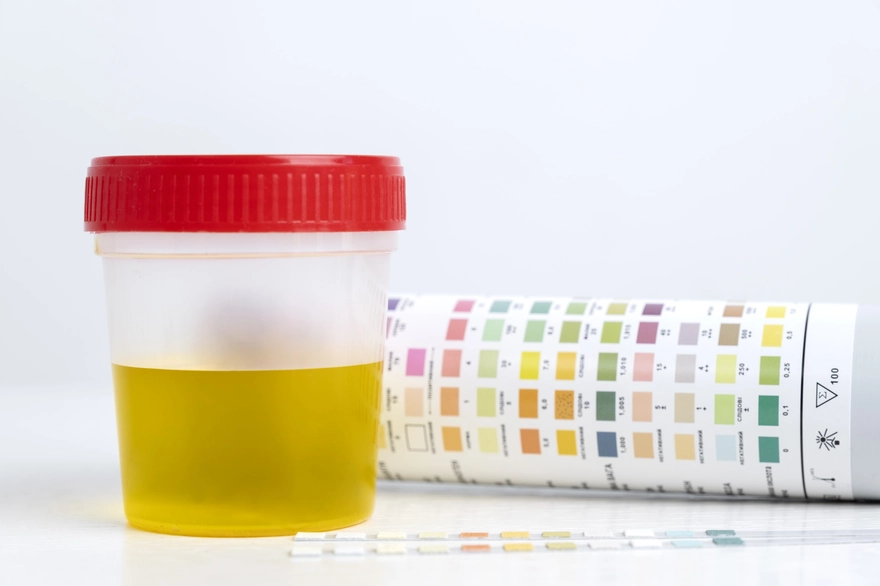Health Wellness
Coping With a Lung Cancer Diagnosis
4610 Views
0

The doctor will screen you for lung cancer if a tumour-like growth in the lungs is detected during a CT (Computed Tomography) scan.
Lung cancer has general symptoms too, including:
- Persistent cough
- Blood in the sputum
- Loss of appetite
- Weight loss for no reason
- Feeling tired
- Breathlessness
- Pain in chest
But remember, not every type of lung cancer has symptoms. A positive cancer diagnosis can occur without symptoms too.
Cancer is the most dreaded of all ailments.
Diagnosis of lung cancer can come with social stigma too since many might wonder if you have a smoking habit which caused the cancer. Around 95% of lung cancer patients have a history of smoking.
This article has a list of tips that can help you cope with the emotional and physical toll your lung cancer diagnosis can bring.
What is ALK-Positive Lung Cancer?
ALK is an abbreviation for anaplastic lymphoma kinase. ALK is the gene in the body present from the embryo stage. The gene helps develop our nervous system and the gastrointestinal tract (gut). ALK-positive lung cancer occurs when there is a mutation or a misarrangement in the ALK gene. When such mutation occurs in the DNA of lung cells, they grow abnormally and multiply into more abnormal cells, causing cancer. These cancer cells start in the lungs and may eventually spread to other parts of the body, making it stage 4 (secondary or metastatic) cancer.
The ALK-positive lung cancer forms around 4% of non-small cell lung cancers (NSCLC). There is a higher percentage of ALK-positive lung cancer in patients younger than 55 years of age and never smoked.
Confirmation of ALK-Positive Lung Cancer
When our individual DNA is being ‘written’ and if there is a typing error, the cells receiving the wrong information will grow into a tumour. Diagnostic tests such as biomarker testing look for such typing mistakes. The ALK-positive lung cancer can be further confirmed by testing your blood samples and a tumour biopsy. The procedures involve:
- Microscopic analysis of chromosomes
- Immunohistochemistry analysis of proteins
- Next generation sequencing
- Liquid biopsy
The treatment is decided once the type and stage of cancer are determined. Remember that ALK-positive lung cancer stage 4 has the most treatment implications.
How to Cope with Emotions After a Lung Cancer Diagnosis?
A doctor saying “you have lung cancer” can be the most feared sentence you have ever heard. Your immediate reaction might be to go numb, hopeless, irritated, angry, or confused as to why it has happened to you, especially when you can’t think of anything you have done personally to get harmed in such a way. It is okay to experience these emotions. As you come to terms with the diagnosis, it is okay to experience extreme emotions at such a time. While trying to find treatment centres and experts who can help with medical options, here are a few supportive tips for coping with the lung cancer diagnosis.
- Try to put aside anything that is not urgent or important. Use this time to focus only on getting through this challenging time emotionally.
- Accept that you are not alone. Many people will help you in this journey. Seek help. Find out who can exactly help you and how.
- Keep away the guilt. Lung cancer patients often think that they made this happen. They start connecting some bad habits, especially smoking with cancer. However, if you let the guilt in, your tensions and worry will only increase. Share your version with your family and friends. They will provide practical and emotional support.
- Be kind to yourself. You may feel low and tired at times, but be extra kind and prepare yourself for the treatment.
- It is natural to worry about the treatment. Write down your fears about the treatment and its side effects, and discuss them with your doctor.
- When you are ready, start gathering facts from an expert oncologist about the type of cancer you have and the possible treatment options.
- Think ahead and organise your life, so you are set to receive the treatment. At home and office, take help to manage your routine. Be with those who lift your spirit.
- A cancer diagnosis can change your relationships. Those who love you are equally affected by your diagnosis. Hence sharing this news with them may be the hardest for you. Remember to stay close to every person you love. If they are present during the treatment and caring process, make sure they take enough breaks for themselves.
- Talk to your healthcare team and know more about your treatment and what to expect from it. This will help you plan while keeping the treatment goals in mind.
- Manage your symptoms with the help of a nurse or a professional caregiver. Breathlessness and pain can be expected if you have lung cancer.
- Get into a healthy lifestyle with home-cooked food. Make sure that you eat nutritious meals at regular intervals.
- Move around as much as you can afford to do, as it will keep your energy levels up. Avoid strenuous exercises. If you are bedridden or bound to a wheelchair, discuss with your doctor or physiotherapist about exercises.
- Learn yoga and meditation to help you relax and sleep peacefully. Getting enough sleep daily will keep your emotional energy up.
- Join a support group to share your emotional problems with people who have gone through similar experiences.
Whether the diagnosis is made during the early stages of ALK-positive lung cancer or near stage 4, and whatever may be the life expectancy, remember you are not alone. Take necessary support, plan your days and face the treatment head-on so that you can beat cancer. Your doctor may advise you to go for ALK for NSCLC (IHC reflex to FISH) Test. IHC is immunohistochemistry, and FISH is Fluorescence in situ hybridisation. This test is approved for the diagnosis of lung cancer and to check the status of ALK. In the case of an ALK-positive test, your doctor may start targeted therapy such as the treatment of tyrosine kinase inhibitors. Book your test now and get accurate and quick results at Metropolis.























 WhatsApp
WhatsApp